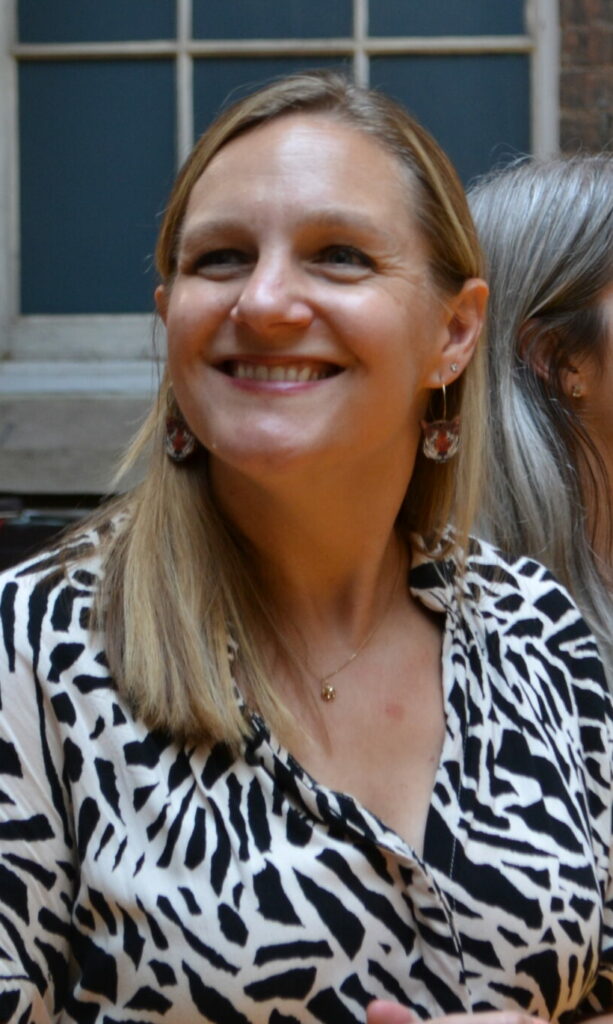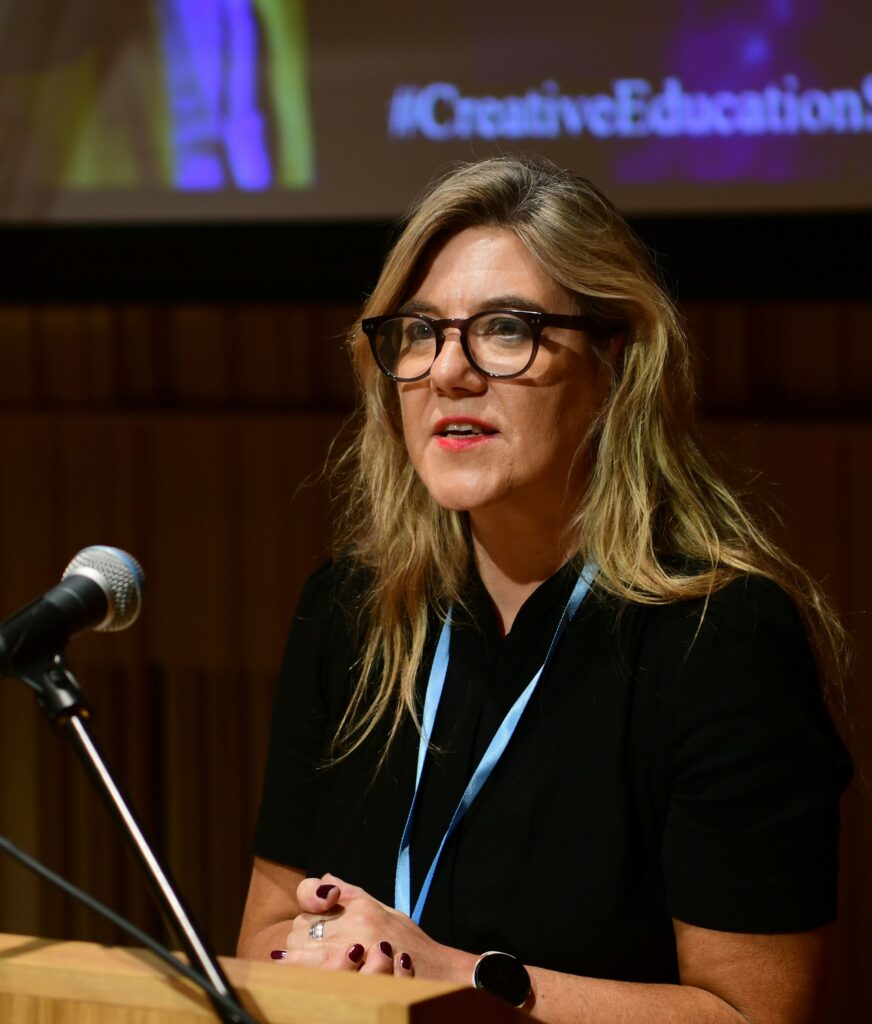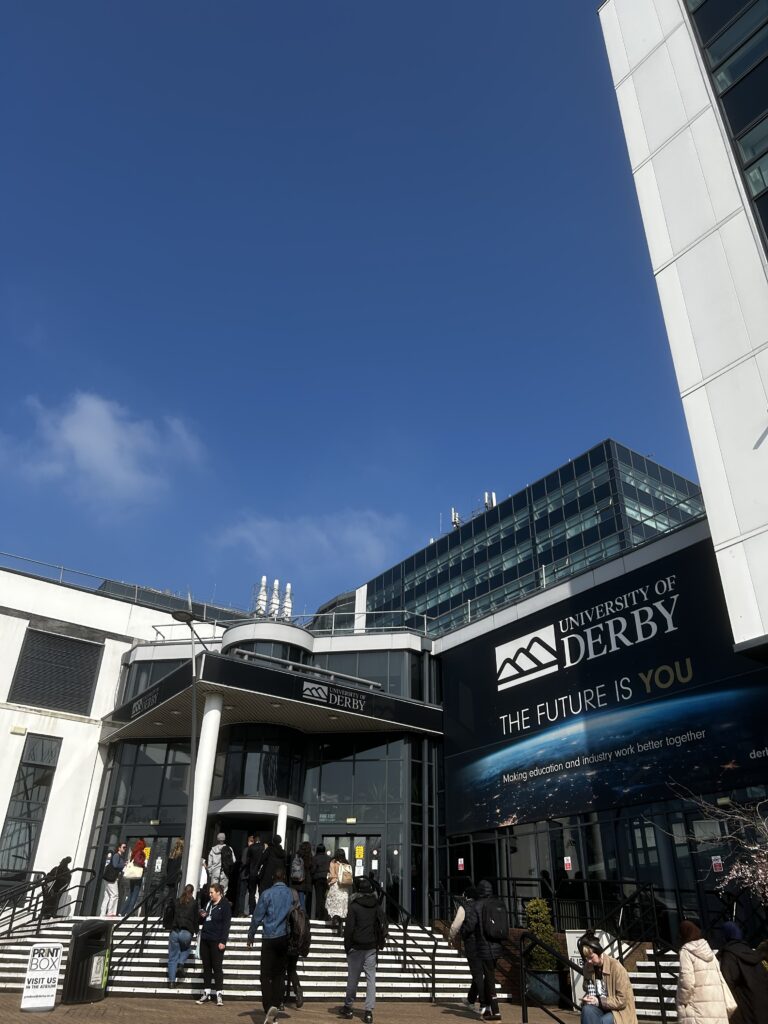 Higher education is going through massive change at the moment, as is the country. So much focus is on dealing with the here and now, which is obviously critical, but there is not enough thinking about what the future is going to be for our universities. Politicians have got themselves locked into a cycle of worrying about numbers and money, not allowing them to be innovative or creative in their thinking. Changes to the way universities are funded are yet to lead to genuine change and progress of the sector as a whole. This is why we have launched a new project, university_vision, to get some of this thinking going.
Higher education is going through massive change at the moment, as is the country. So much focus is on dealing with the here and now, which is obviously critical, but there is not enough thinking about what the future is going to be for our universities. Politicians have got themselves locked into a cycle of worrying about numbers and money, not allowing them to be innovative or creative in their thinking. Changes to the way universities are funded are yet to lead to genuine change and progress of the sector as a whole. This is why we have launched a new project, university_vision, to get some of this thinking going.
Starting a conversation about our future
What we want to do with university_vision is start a conversation that begins to paint what the future could look like and to explore the issues and challenges facing universities in the future. We want to ask the big questions about where universities need to position themselves to deliver the knowledge, networks and places of the future.
It has been a dramatic few years for universities. There has been much debate and waiting, discussions and decisions made. However, very little of this has been led by the sector itself; university leaders and sector organisations have been consulted along the way but only in response to policy proposals, often late in the day, not tested or even after they are announced.
And the consequences of this process means we have been left with a sector unable to grow to meet demand, and with a lack of clarity about how universities fit within the wider economic and social vision what a university is for. Staying within the current policy conversations means we will be playing the same game we have been playing for the past five years. We need a new game that is looking forwards and not backwards. We need to create a different paradigm for exploration, challenge and debate. Education is too important to be left without vision and passion.
Building a picture of our future
That is our ambition with university_vision. It is time we looked twenty years into the future to understand the challenges and opportunities for the UK and how those challenges will impact English universities, and decide what kind of a future is right for us, both economically and socially.
The idea is to create some visions of what higher education could look like. Fundamentally we want to do it differently from the usual way universities think about the future (locking themselves in a room, pulling the draw bridge up, having a huddle and saying “ok, what do we want to do”). We wanted to flip that. We recognise the need for rich engagement and collaboration, going way beyond the usual references we draw on to think about these issues. And therefore we need to engage with industry sectors, public services, universities across the sector, students and staff to make sure we are not losing any thinking in terms of future building.
We need to reference international thinking and be bold and creative in our vision.
We have drawn together a wide range of people to take part in our university_vision workshops from right across the university sector, business leaders, think tanks and beyond. We want to make the process as open as possible and will use the university_vision to allow anyone to feed in fresh ideas and thinking to the process.
Our future is going to look very different
Universities, like many organisations, don’t spend nearly as much time as they need to thinking about the future. We are locked in the here and now worrying about tactical, organisational responses to what is coming out of government and trying to work out how best to position ourselves in the short-term rather than in the long-term. What we hope this process will do is to start to take away some of the scales in front of our eyes at the moment. The future is going to look very different. What we need to work out is what that means for us now and engage with parliamentarians and funders to create that future.
Professor Steve West is the Vice-Chancellor of the University of the West of England and University Alliance’s chair elect.




